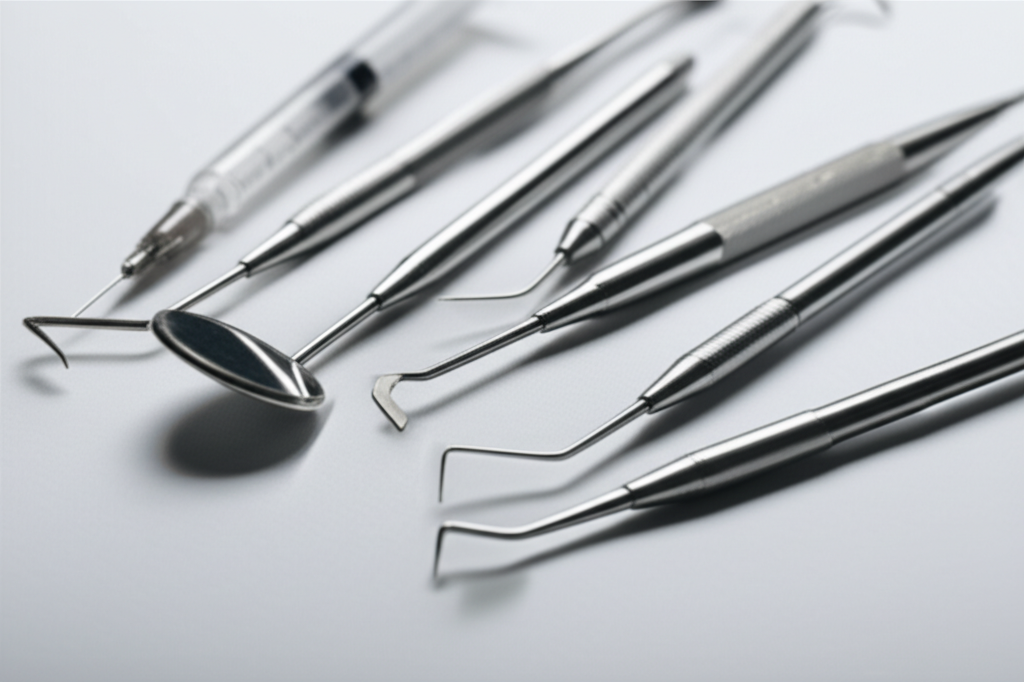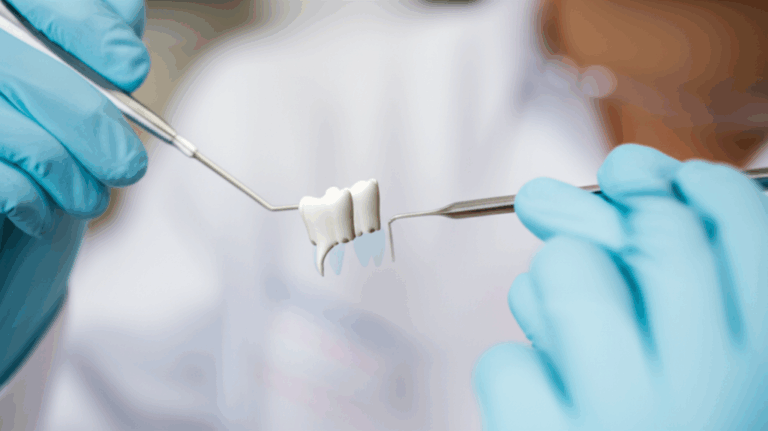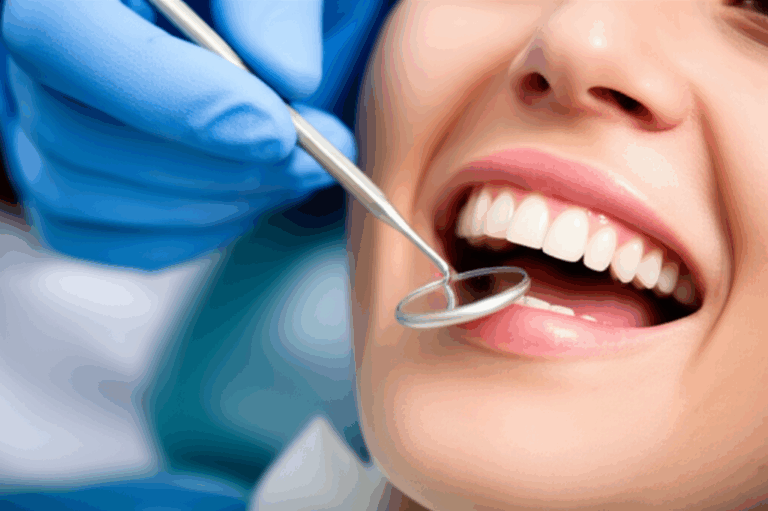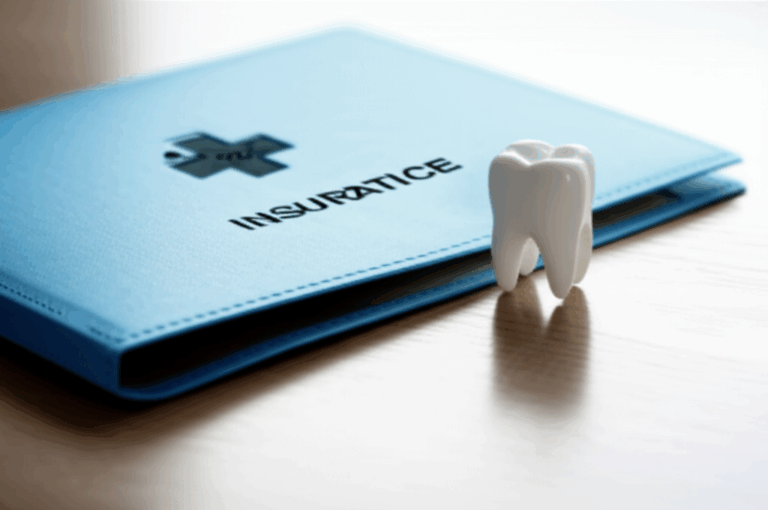
Are Private Dentists More Expensive? Understanding the Cost of Quality Dental Care
Table of Contents
- The short answer
- NHS vs private dentists: how costs work
- Key cost differences by procedure
- Why private dentists often cost more: the value behind the price
- What to consider when choosing between NHS and private
- How I make private dentistry more affordable
- Real stories and case examples
- FAQs I hear all the time
- Final thoughts
The Short Answer: Generally, Yes — But It’s More Complex Than Just Price
When friends ask me “Are private dentists more expensive,” I just say yes with a little pause. On paper, private dental care usually costs more. In real life, you pay for more than just a filling or a crown. You pay for time, picking your dentist, better stuff, easier access, comfort, and how you feel when you’re there.
I learned this myself years ago. I needed a root canal and a crown. I checked NHS vs private dentist prices all over the UK. The private quotes shocked me at first. Later I saw the differences: longer appointments, better crown options, sooner visits, and a much calmer clinic. That changed how I thought about “cost.”
Is private dental care worth it for everyone? Not always. For urgent, simple stuff, NHS prices are great if you can get an appointment. For bigger work or if you care about how things look and how fast you’re seen, going private can make sense. The trick is knowing what’s raising the price and if you really care about it.
NHS vs Private Dentists: A Direct Cost Comparison
How NHS Dental Costs Work (UK Specific)
The NHS uses groups (Bands) in England that set fixed fees for groups of care. Band 1 is for a check-up and advice. Band 2 is for fillings, root canals, and taking teeth out. Band 3 is for things like crowns and dentures. NHS fees are the same everywhere, so you always know the cost. The NHS only covers needed, basic dental care, not extra cosmetic stuff.
That’s nice when you need to plan your money. You know what the cost is. The hard bit is getting an appointment. I once waited weeks just for a basic NHS check-up. Some people have to wait much longer, and waiting isn’t nice if your tooth hurts or if the problem might get worse.
The Private Dental Pricing Model
Private dentists don’t use bands. Prices change a lot depending on where you are and which practice you go to. I’ve seen the same treatment have different prices in two towns. Private clinics usually charge for each thing they do and base it on the time it takes, the stuff they use, and the lab work. They often have price lists, which is helpful, but you should still check what the fee does and doesn’t include—things like X-rays, scans, or temporary crowns might cost extra.
Private dentists can also do things NHS won’t cover—like teeth whitening, fancy crowns, or dental implants. Those aren’t usually on the NHS just for looks. Private clinics might let you book the hygienist directly too, without needing to see the dentist first, which can be quicker if you just want a clean.
Key Cost Differences by Procedure
Prices go up and down based on where you are and the clinic, so these are ballpark numbers.
- Check-up and clean: NHS Band 1 fee covers both if you need them. Private clinics usually charge for the check-up and the clean separately. I usually see £40 to £120 for a private check-up and basic clean.
- Fillings: NHS Band 2 covers fillings, material depends on what you need. Private fillings, especially white ones for back teeth, can be £100 to £250 depending on the tooth and size.
- Crowns: NHS Band 3 covers a regular crown. Private crowns change a lot depending on the material. Simple crowns often cost less than fancy ones like zirconia. I’ve seen private crowns from £400 to over £1,200.
- Root canal: NHS Band 2 covers this, though hard cases are hard to schedule. Private root canals are a few hundred up to over a thousand (especially for back teeth and if a specialist does it).
- Dental implants: NHS barely ever does implants. Private ones start from about £2,000 per tooth and go up if you need extra work.
I always remember—the NHS is cheaper for the basics. Private is more expensive, but is faster and gives you more options.
Why Private Dentists Often Cost More: The Value Behind the Price
When I looked past the bill, I could see six main reasons private dentistry costs more. Seeing these helped me decide if the extra money made sense for me.
Newer Technology and Tools
Private clinics often buy newer tech that makes diagnosis faster and jobs more exact. Things like digital X-rays, 3D scans, better tools, and even lasers. These are expensive but can make things more comfortable.
A digital scanner replaced messy impressions when I needed a crown, and I loved that! They also did a 3D scan to place my relative’s implant, which made everything more accurate.
If you’re curious about new digital dental labs, they use computers and machines to make precise crowns and dentures, which can lead to better results.
Materials and Choices
Private clinics give you more options. White fillings instead of metal ones. Nicer-looking crowns. These materials often cost more money and take more time to use.
I once picked between a simple crown or a stronger, better-matching zirconia crown. The zirconia cost more, but it looked better and felt stronger. You might not care on a back tooth, but for a front one you probably do.
Dentists work with labs to make these. A really good crown and bridge lab can make top results, but that adds to the price.
More Time for You
Longer appointments cost more. Private dentists usually set more time for you—and you can really feel the difference. I had an hour to talk about my gum health and how I eat, with clear photos and a plan. That time helped me avoid bigger problems later.
Same goes for hygienist visits. Private hygienists often spend longer, do a deeper clean, and give more tips.
Easier Specialist Access
You can often see a specialist faster in private care. People who do braces, treat gum disease, or do tricky root canals are easy to see privately. They have more training. This usually gives better results, but costs more.
I once had a really tricky molar with weird canals. My usual dentist sent me to an endo specialist with fancy tools. It was more money than a regular root canal, but it saved my tooth (which was way cheaper than losing it and needing an implant).
If you are getting implants, a good implant dental laboratory helps a lot for how things look and fit.
Better Experience and Comfort
Private clinics spend money to make you comfy. Calm waiting rooms, headphones, blankets, nicer lighting. If you’re scared of dentists, this stuff makes a real difference. Less fear means you don’t skip appointments.
Quicker Appointments and Flexible Times
This is huge. I’ve booked a private check-up in less than a week. A broken filling was fixed quickly before it got worse. That early treatment saved pain and avoided a root canal. With the NHS, you often wait longer because a lot of people want an appointment. Private clinics run their own schedules and can usually see you sooner, even at evenings or weekends.
What to Consider When Choosing Between NHS and Private Dental Care
Here’s how I decide:
Your Budget
- Can you pay the private fee right now?
- Do you have insurance for private care?
- Would a payment plan help you?
Most private dentists offer payment plans, often without interest for 6–12 months if the treatment costs a lot. Always ask for a plan in writing with a full list of costs. Ask if X-rays and other things are included.
Your Needs and Goals
- Do you need urgent basic care or something to make you look better?
- Do you need gum care or braces?
- Do you grind your teeth so you need long-lasting materials?
If you want a nicer smile or whitening, it’s usually private care. If you need a basic filling and can wait, the NHS is good.
How Fast You Need It
- Are you in pain or risk losing a tooth?
- Can you wait for NHS or do you need fix now?
Private clinics usually see you faster, which might justify the cost if you are hurting.
What You Prefer
- Do you like long visits so you can ask questions?
- Do you want to choose what goes in your mouth?
- Do you prefer a more modern, peaceful office?
NHS dentists aren’t worse; they just have less time or options. Private clinics give more time and choices.
How I Make Private Dentistry More Affordable
I like to plan things. Here’s what helps me save money but still get good results.
Dental Insurance
If your job gives you dental insurance, look at what it covers. Some plans pay for private check-ups and hygiene. Some pay part of the cost for bigger things, like crowns. Read the small print. I like plans that pay a percentage of real costs.
Payment Plans
Most private clinics have ways to spread big treatment payments out, often with no interest. Ask about these, and about any extra fees or checks you might need.
Practice Memberships
Some clinics have memberships, where you pay a set amount each month to cover regular check-ups, cleaning, and sometimes X-rays plus a discount for other treatments. It made me go more often and stop bigger problems.
Prevention is Best
Brushing and cleaning well saves you the most. Brush twice a day. Clean between your teeth. Keep up check-ups. Listen to your hygienist. The best filling is the one you don’t need. I avoided a crown by getting a small filling and a night guard early.
Shop Around
I always ask at least two private clinics for a plan when it’s a big job. Ask for:
- Everything written down (costs, options)
- Which material they recommend and why
- How often they do your type of procedure
- How long it takes
If a clinic is proud of their lab work, you’ll see it—good dental ceramics labs can make things look just like real teeth.
Real Stories and Case Examples
Here are some real-life choices and what I learned:
The Cracked Molar and Two Crowns
I cracked a back tooth on popcorn. My NHS dentist said it needed a crown (Band 3 cost, about six week wait). I also visited a private dentist. They offered:
- A simple crown for less
- A zirconia crown that looked better and was stronger, for more
They used a digital scanner and did photos, and explained about grinding. I chose zirconia because the tooth showed when I smiled and I wanted it to last. It fit great and has survived lots of grinding.
An NHS crown would have worked, but it wouldn’t have looked as good or been as fast. I paid more for better material, tech, and speed.
The Root Canal That Needed a Specialist
A friend had a bad infection in a back tooth with tricky roots. NHS Band 2 covered the root filling, but the dentist said it might not work. The private endodontist used a microscope and 3D images. It cost a lot more, but it saved the tooth and avoided an expensive implant.
The Hygienist Who Changed My Brushing
I booked a private hygiene visit because my gums bled. The hygienist spent 45 minutes cleaning and teaching me better brushing. She showed me where I missed and made a flossing plan. Cost more, but my gums got way healthier and I haven’t needed a filling for ages.
Mrs. Patel’s Crown
My neighbor needed a crown for a back tooth. NHS offered a working crown for Band 3, with a 6-week wait. Private had faster options, plus better looking crowns. She picked private because it would show when she smiled at her family party. The extra money gave her a nice look and quick fix.
FAQs I Hear All the Time
Are private dentists safer than NHS dentists
Both are checked and regulated in the UK. Dentists have to be registered, and all clinics are inspected. Private clinics sometimes buy newer tools and make you more comfortable, but NHS care is safe too.
Are NHS dentists worse
No. NHS dentists are trained the same. The difference is time, choices, and what treatments they can do.
Why are private dentists more expensive
- They spend more on tech (like digital X-rays)
- You can pick from more materials
- They give longer appointments
- You can see specialists faster
- Shorter waits and more times to pick from
- Better, custom-made lab work
What are typical private treatment costs
It depends on where you are and how tricky the job is, but here are some ideas:
- Check-up: £40 to £80
- Hygienist clean: £50 to £120
- White filling: £100 to £300
- Crown: £400 to £1,200+
- Root canal: £300 to £1,200+
- Implant: £2,000 to £4,500+ per tooth
Always ask for detailed quotes.
What about extra/hidden costs
Always check if the price includes X-rays, 3D scans, temporary teeth, follow-ups, sedation, and lab work. Ask about costs if you need something changed or adjusted.
Is private dental insurance worth it
It can be, if you use it. Some cover check-ups and cleaning, some only pay for part of bigger jobs. Check for yearly limits and what’s not included.
Can you save money without going private for everything
Yes.
- Use NHS for basics and private for looks or urgent care.
- Try a private membership if you want regular check-ups and cleaning.
- Dental schools sometimes offer cheaper care.
- Work hard on cleaning your teeth and wear a mouthguard if you grind.
Are white fillings better than silver ones
It depends. White fillings look better and stick to the tooth. They take longer to do and cost more. Silver ones last well for back teeth and are cheaper. Ask your dentist what will last longer for your case.
What about kids and private care
Kids can often get NHS dental care for free in the UK. Private might be quicker or offer extra things (like sealants, or early braces). What’s best depends on what’s available and what your kid needs.
How long do private crowns or veneers last
It depends on the material, if you clean well, and if you grind your teeth. Good work and care can last years. I wear a night guard to protect mine.
Does location change the price
Yes. Big cities charge more. Rural places can be cheaper, but not always. A dentist’s skills and experience also changes the fee.
Final Thoughts: Is the Extra Cost Justified for You
To sum up: NHS care is good for needed treatment at known prices. Private care usually costs more, but you get faster appointments, longer visits, more choices, and a nicer experience.
- If you just want basic care at a low price, the NHS is great—if you can get in.
- If you care about speed, looks, or need something special, private care might be worth the extra.
- You don’t have to pick just one—mix and match! I often do my cleaning privately when I can’t get an NHS slot but still use the NHS for basics.
One last tip: Ask your dentist to compare two or three options with the pros, cons, and costs of each. Good dentists love working it out with you so you get what fits you best.
Notes and transparency:
- Prices above are just examples and change by clinic, area, and job.
- Rules mentioned are for the UK (General Dental Council & Care Quality Commission).
- This article is from my real experience and checking out actual treatment plans. Always check with your own dentist for advice that fits you.








